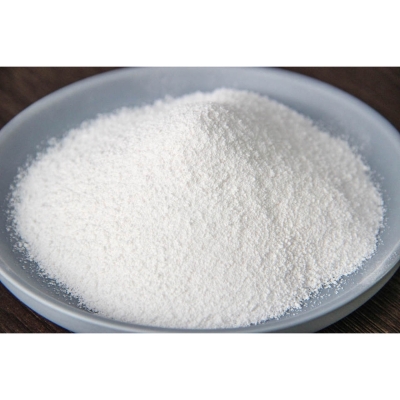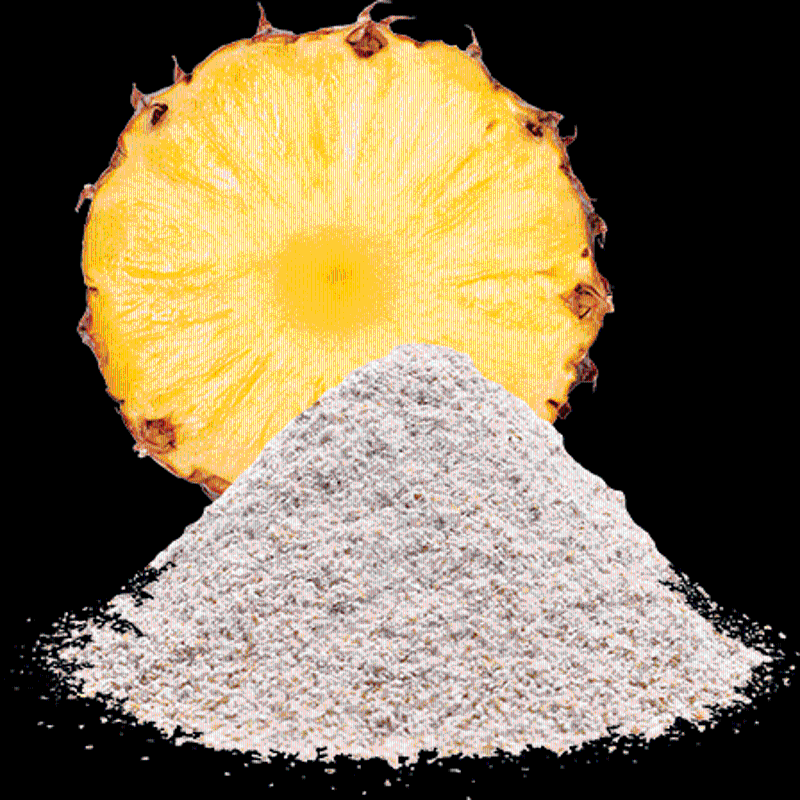-
Categories
-
Pharmaceutical Intermediates
-
Active Pharmaceutical Ingredients
-
Food Additives
- Industrial Coatings
- Agrochemicals
- Dyes and Pigments
- Surfactant
- Flavors and Fragrances
- Chemical Reagents
- Catalyst and Auxiliary
- Natural Products
- Inorganic Chemistry
-
Organic Chemistry
-
Biochemical Engineering
- Analytical Chemistry
-
Cosmetic Ingredient
- Water Treatment Chemical
-
Pharmaceutical Intermediates
Promotion
ECHEMI Mall
Wholesale
Weekly Price
Exhibition
News
-
Trade Service
Taste is the most important quality factor of tea, accounting for 30% of the sensory evaluation of tea
The composition of the taste of tea soup is not a simple linear superposition of taste components
The chemical components that affect the taste of black tea mainly include the following categories: polyphenols, caffeine, flavonoid glycosides, amino acids, organic acids, sugars,
Withering, rolling, fermentation and drying are the main steps of black tea processing
The dynamic fermentation method is conducive to promoting the transformation and consumption of catechins in leaves, promoting the formation of high-quality components such as theaflavins, thearubigins, amino acids and soluble sugars, and helping to improve the sweet taste of black tea
Fermentation temperature and time have a regulating effect on the formation of black tea flavor
Drying is divided into hair fire and foot fire
Different drying temperatures result in different thermal transformations of quality components
(Source: Wu Shimin, China Tea Society)
"China Food News" (Version 07, June 17, 2021)
(Editor-in-charge: Yuan Guofeng)







